Eye tracking
Recent articles
Newly found circuit through visual cortex powers first look at faces
The superior colliculus, an evolutionarily ancient brain area responsible for eye movements, responds to faces before the canonical face areas do, a study of macaque monkeys suggests.

Newly found circuit through visual cortex powers first look at faces
The superior colliculus, an evolutionarily ancient brain area responsible for eye movements, responds to faces before the canonical face areas do, a study of macaque monkeys suggests.
Visual perception improves in the blink of an eye
Blinking—long considered a problem the brain must overcome to produce seamless vision—may actually be more of a feature than a bug, new research suggests.
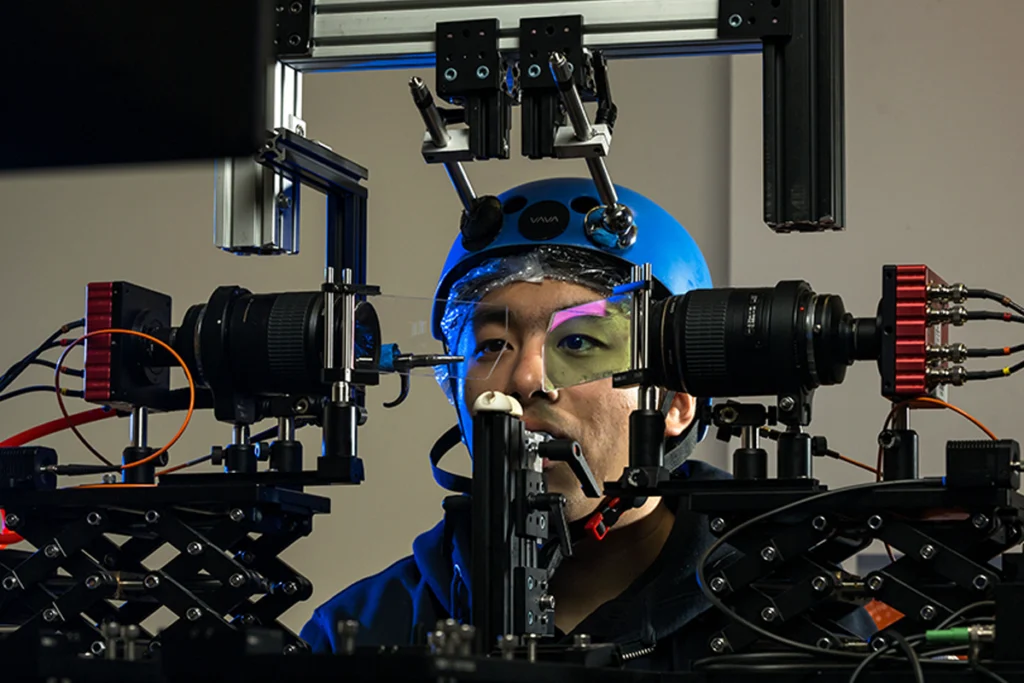
Visual perception improves in the blink of an eye
Blinking—long considered a problem the brain must overcome to produce seamless vision—may actually be more of a feature than a bug, new research suggests.
Mutation in top autism-linked gene may alter eye reflex
The discovery could help clinicians diagnose children who carry mutations in the gene, called SCN2A, and gauge their responses to potential therapies.
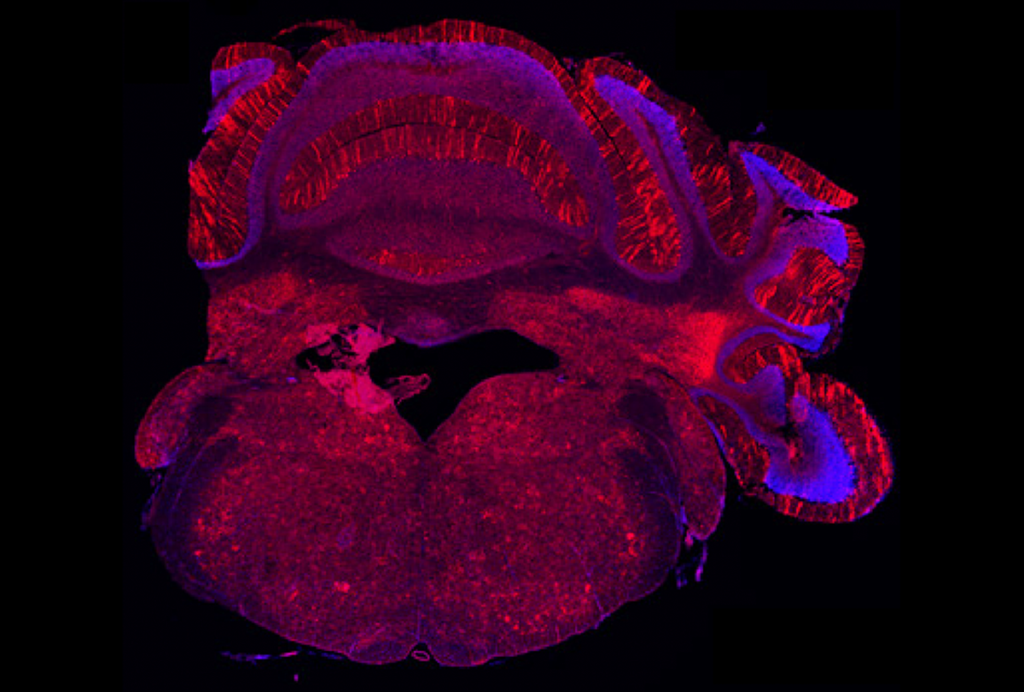
Mutation in top autism-linked gene may alter eye reflex
The discovery could help clinicians diagnose children who carry mutations in the gene, called SCN2A, and gauge their responses to potential therapies.
New tablet-based tools to spot autism draw excitement — and questions
Handheld devices promise to bring autism detection home, but many researchers urge caution.

New tablet-based tools to spot autism draw excitement — and questions
Handheld devices promise to bring autism detection home, but many researchers urge caution.
Looking at eye tracking’s potential for clinical trials
This month’s Going on Trial newsletter explores how eye tracking might be used beyond helping with diagnosis, among other drug development news.

Looking at eye tracking’s potential for clinical trials
This month’s Going on Trial newsletter explores how eye tracking might be used beyond helping with diagnosis, among other drug development news.
Debate unfurls over inclusivity and authenticity in research involving minimally verbal autistic people
Autism researchers can’t agree on how far to go to validate the input they gather from minimally verbal autistic people who use certain communication devices.
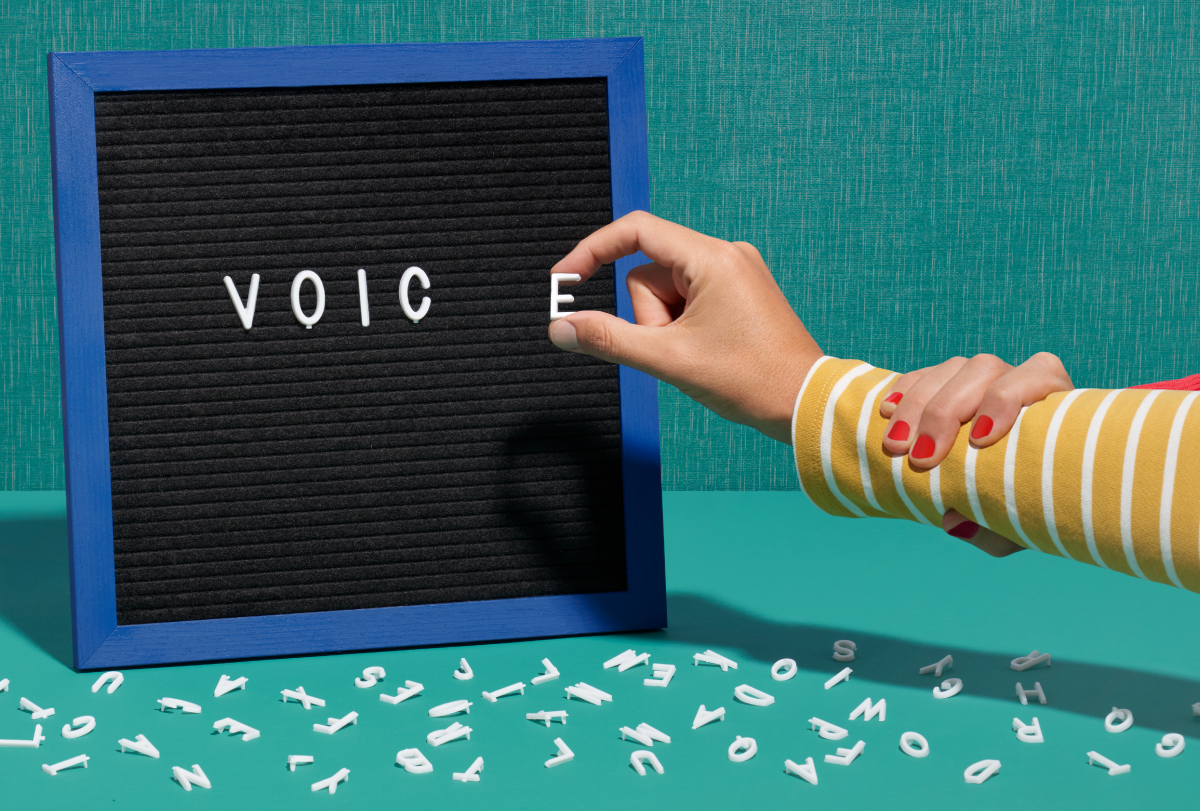
Debate unfurls over inclusivity and authenticity in research involving minimally verbal autistic people
Autism researchers can’t agree on how far to go to validate the input they gather from minimally verbal autistic people who use certain communication devices.
Magnetic stimulation for autism: Q&A with Xujun Duan
A new individualized approach to transcranial magnetic stimulation may one day be an effective treatment for social and communication difficulties, if the results from Duan’s small preliminary trial pan out.
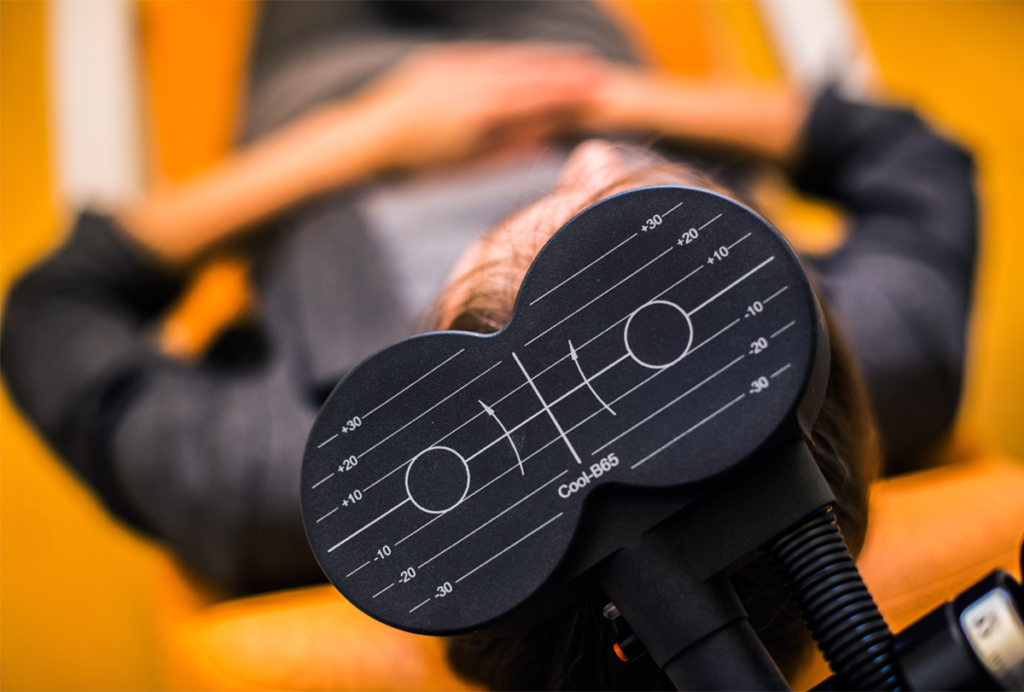
Magnetic stimulation for autism: Q&A with Xujun Duan
A new individualized approach to transcranial magnetic stimulation may one day be an effective treatment for social and communication difficulties, if the results from Duan’s small preliminary trial pan out.
Tablet-based tool to spot autism validated in two studies
The new tool could help clinicians diagnose autism in children younger than 3, the findings show.
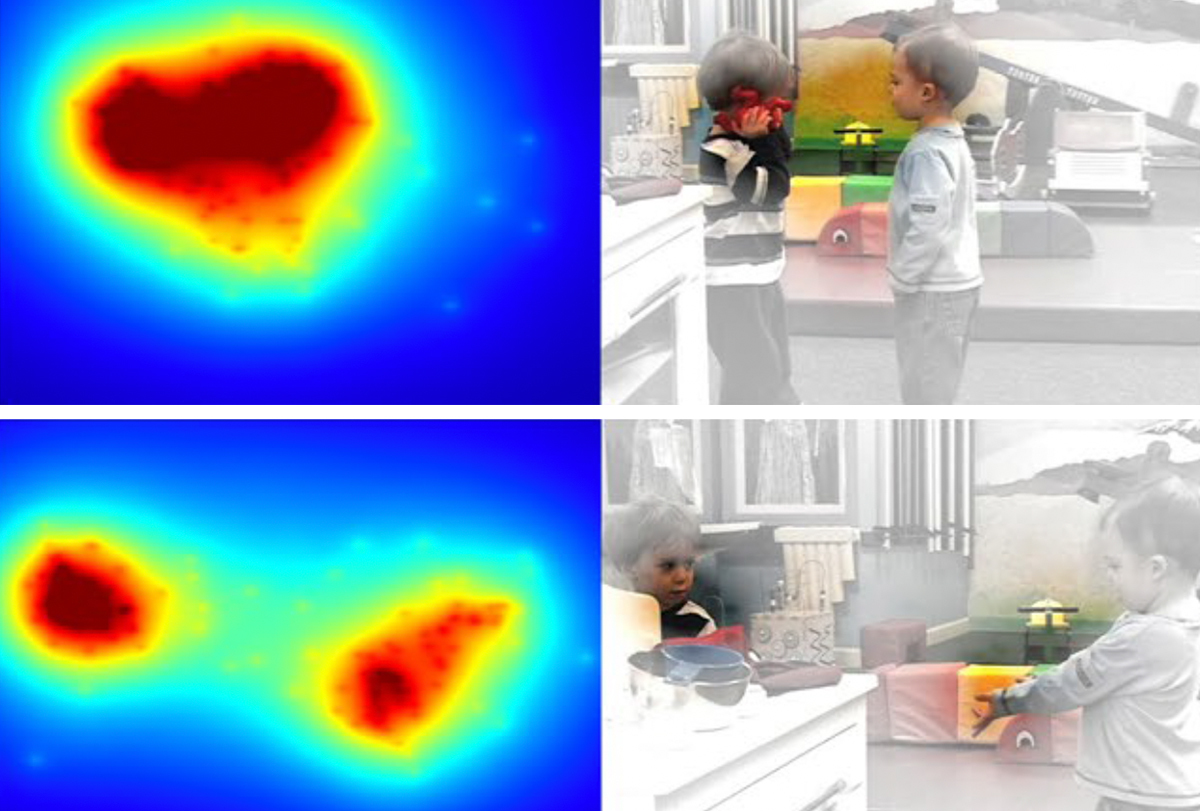
Tablet-based tool to spot autism validated in two studies
The new tool could help clinicians diagnose autism in children younger than 3, the findings show.
Noah Sasson: Connecting with the autistic community
Intentional interactions with autistic people led Sasson to refocus his research.
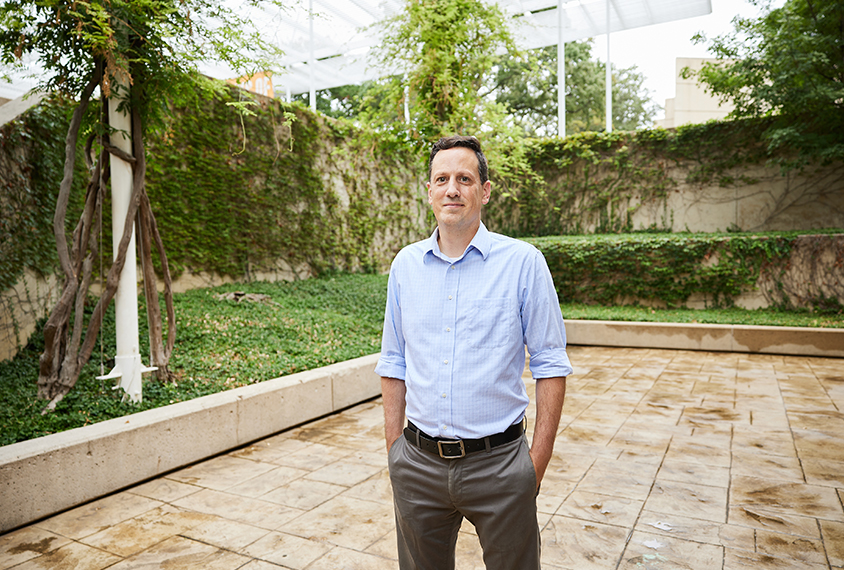
Noah Sasson: Connecting with the autistic community
Intentional interactions with autistic people led Sasson to refocus his research.
Null and Noteworthy: An ineffective therapy and an effective biomarker
In this edition, a strategy to help autistic children adapt their skills to new situations shows no benefit, but an early-life autism biomarker does.
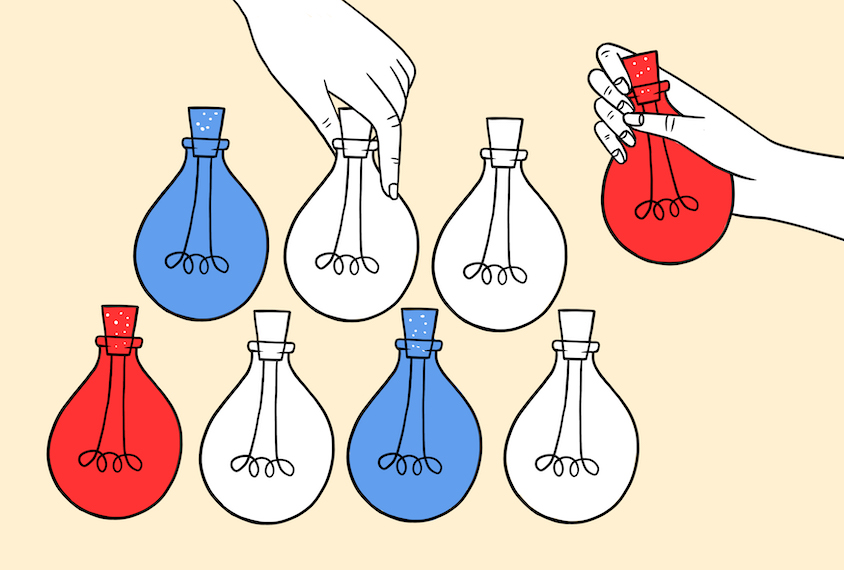
Null and Noteworthy: An ineffective therapy and an effective biomarker
In this edition, a strategy to help autistic children adapt their skills to new situations shows no benefit, but an early-life autism biomarker does.
Explore more from The Transmitter
Alzheimer’s disease and autism; and more
Here is a roundup of autism-related news and research spotted around the web for the week of 12 January.
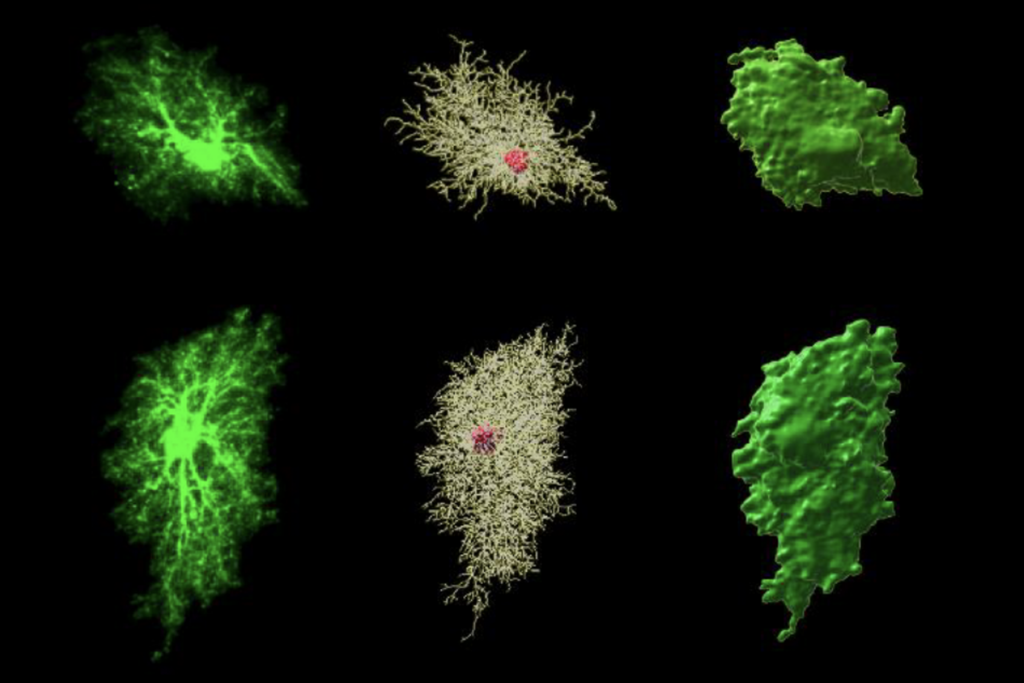
Alzheimer’s disease and autism; and more
Here is a roundup of autism-related news and research spotted around the web for the week of 12 January.
Computational psychiatry needs systems neuroscience
Dissecting different parallel processing streams may help us understand the mechanisms underlying psychiatric symptoms, such as delusions, and unite human and animal research.
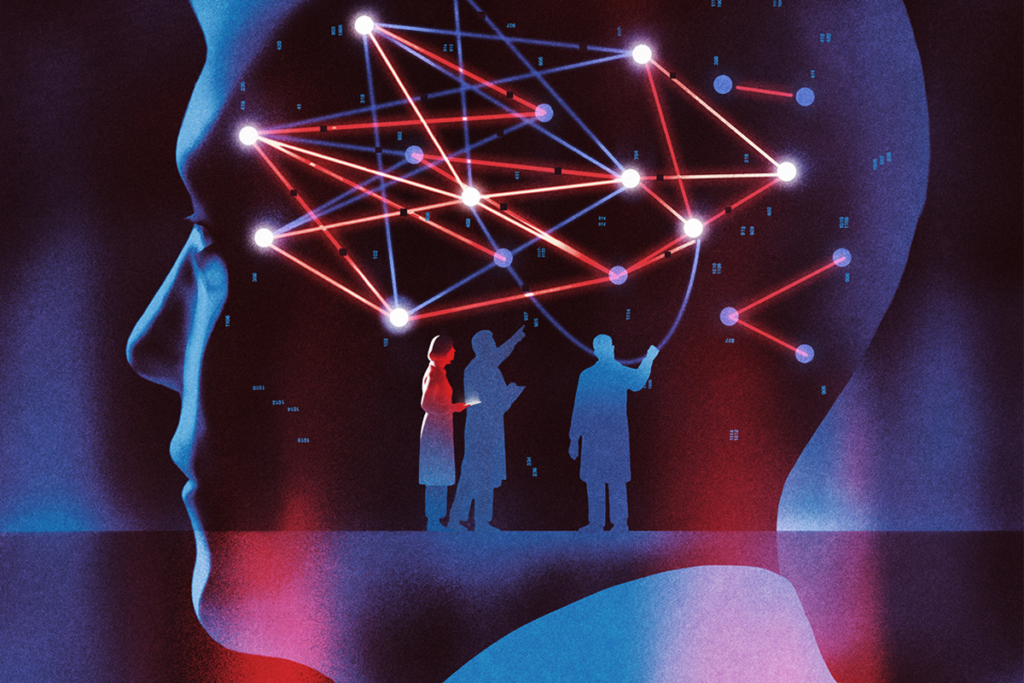
Computational psychiatry needs systems neuroscience
Dissecting different parallel processing streams may help us understand the mechanisms underlying psychiatric symptoms, such as delusions, and unite human and animal research.
This paper changed my life: John Tuthill reflects on the subjectivity of selfhood
Wittlinger, Wehner and Wolf’s 2006 “stilts and stumps” Science paper revealed how ants pull off extraordinary feats of navigation using a biological odometer, and it inspired Tuthill to consider how other insects sense their own bodies.
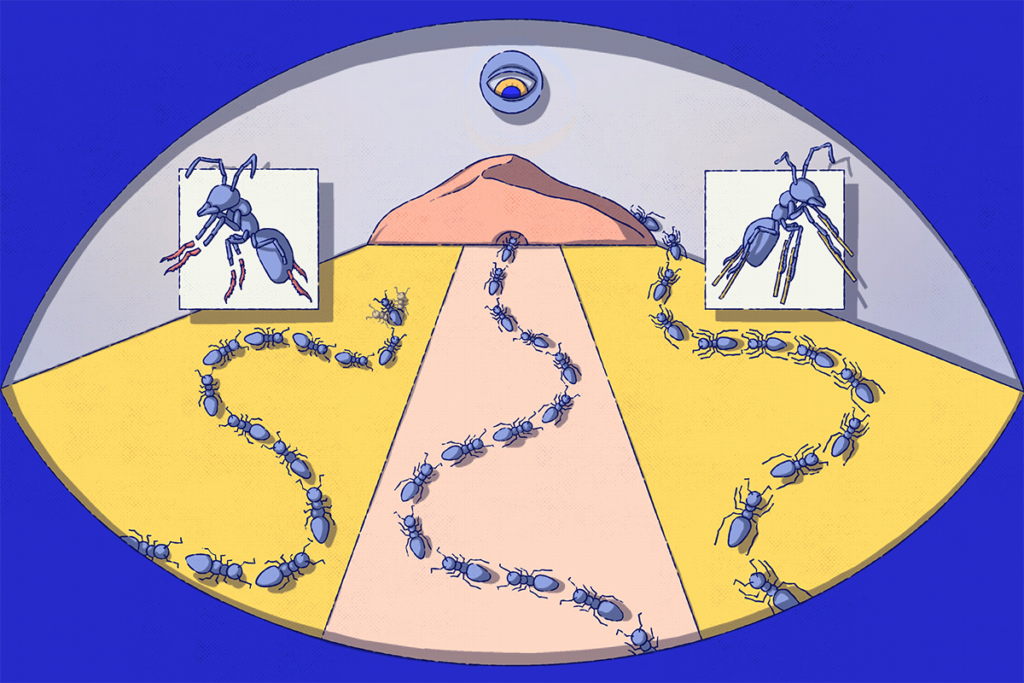
This paper changed my life: John Tuthill reflects on the subjectivity of selfhood
Wittlinger, Wehner and Wolf’s 2006 “stilts and stumps” Science paper revealed how ants pull off extraordinary feats of navigation using a biological odometer, and it inspired Tuthill to consider how other insects sense their own bodies.